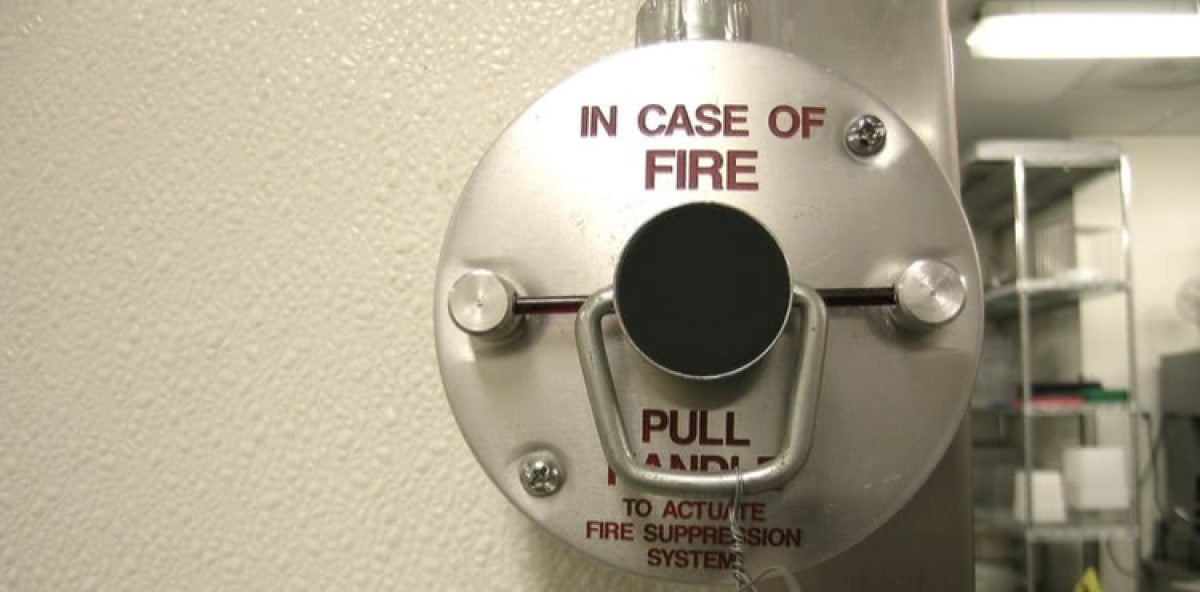

Food & beverage

Vendors like artisans, bakers, and concessionaires face unique risks, and often need insurance to appear at a venue. Learn how vendor liability insurance can protect your business and provide you...

Thank you for being the economic backbone of our communities. Behind every small business is a story of independence and resilience, from late nights and big ideas to the courage to bet on yourself....


Property in transit coverage protects your business's equipment and goods while it's on the move. It can help pay for the repair or replacement of damaged or stolen business property while located or...


Selling baked goods from your home offers enormous flexibility and autonomy. However, similar to a traditional small business, you'll still need to get insurance for protection against the many types...





By addressing your business risks with the right mitigation strategies and preparing for any disputes, you can reduce your chance of a lawsuit and the impact it can have on your reputation and your...





The licensing requirements for caterers vary by location. Having the right licensing and insurance can help keep you financially protected and may be required for some jobs within the food and...

Depending on the type of business you own, you will need to invest in either host liquor liability or liquor liability insurance. Read on to learn the difference and decide which one is the right...

Want free expert advice right in your inbox?
By entering your email address and subscribing, you agree to our Terms of Use and Privacy Policy